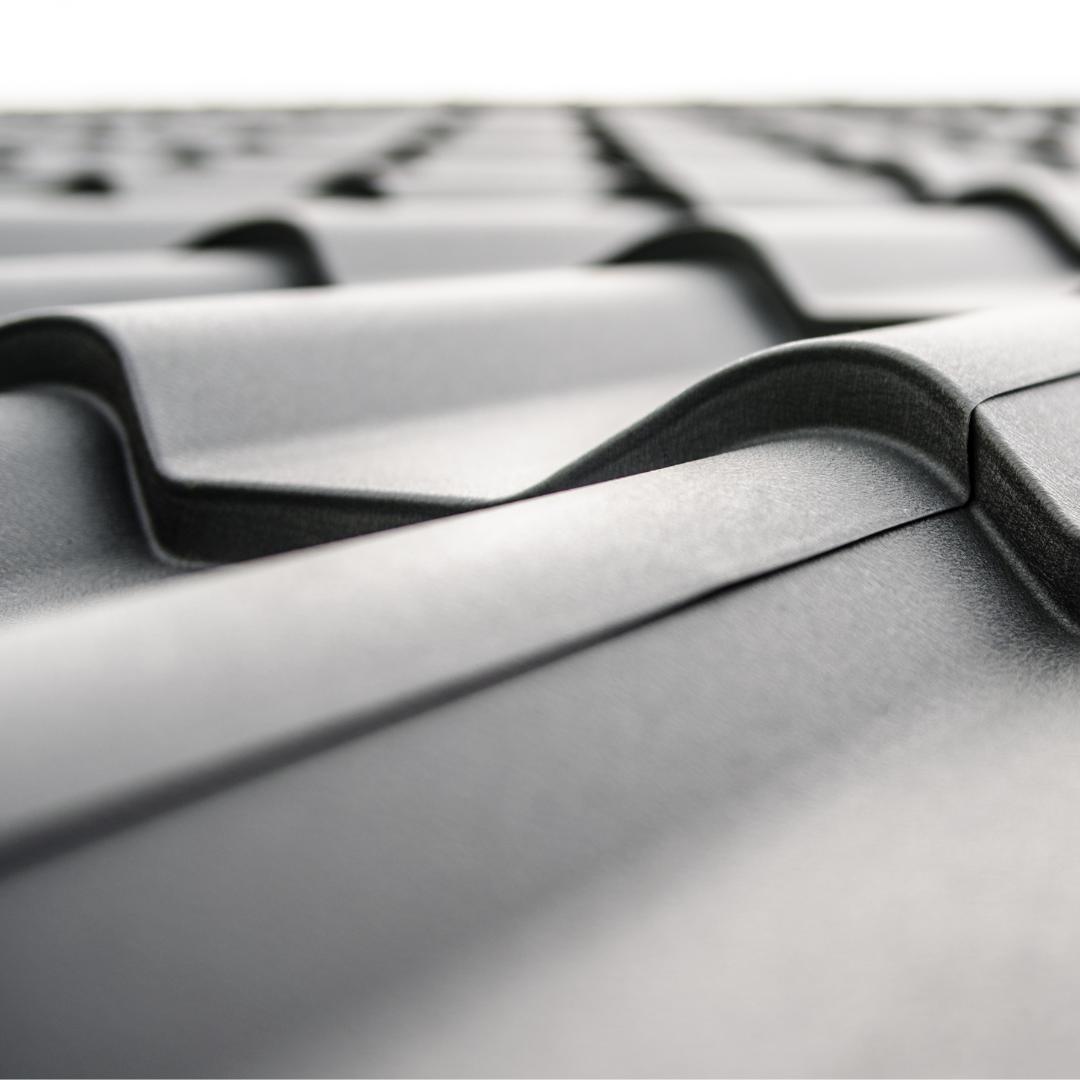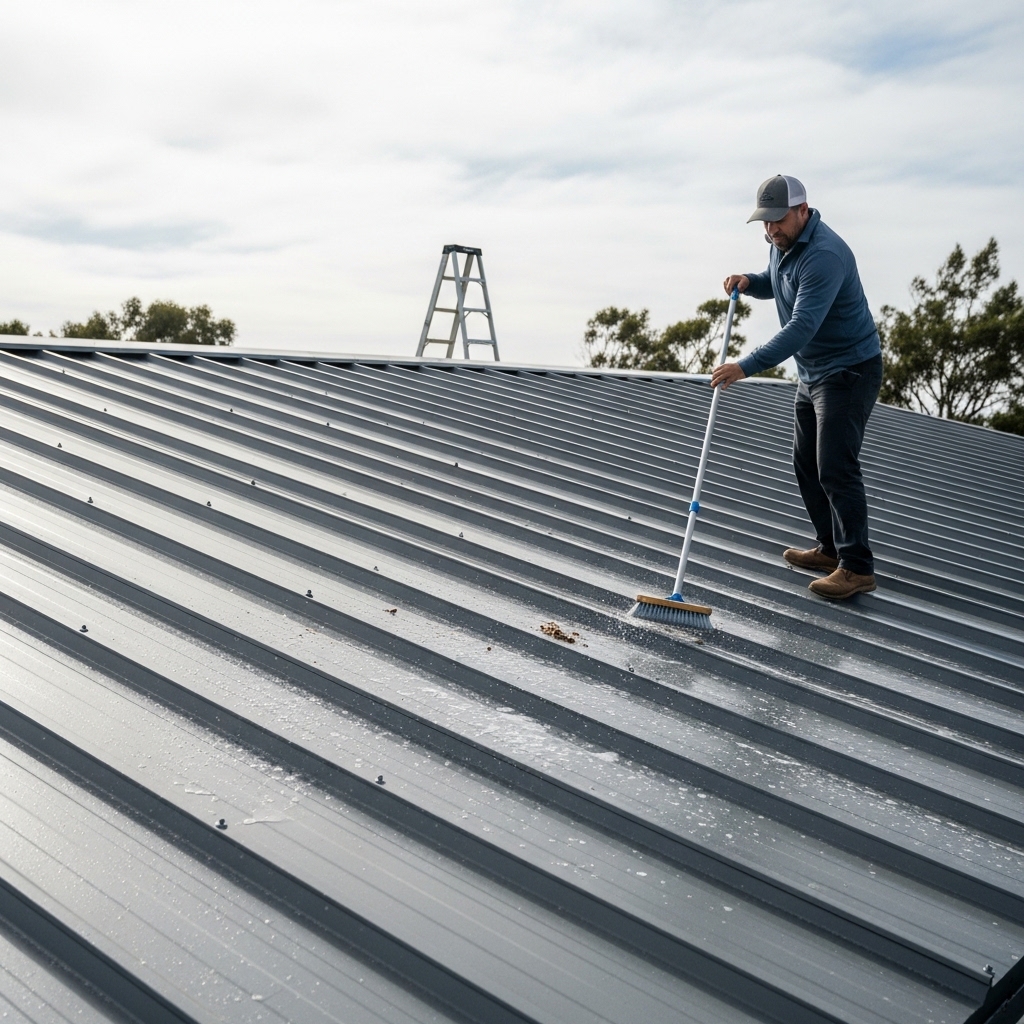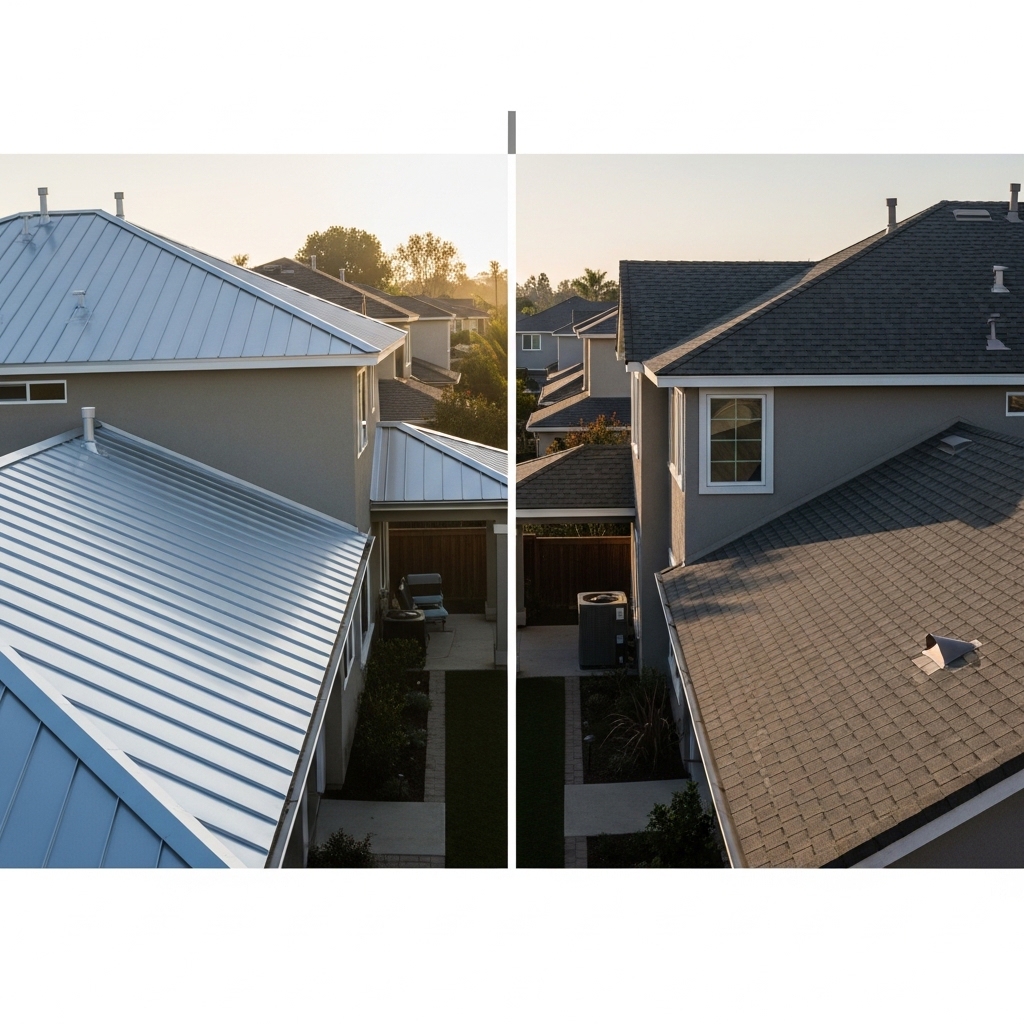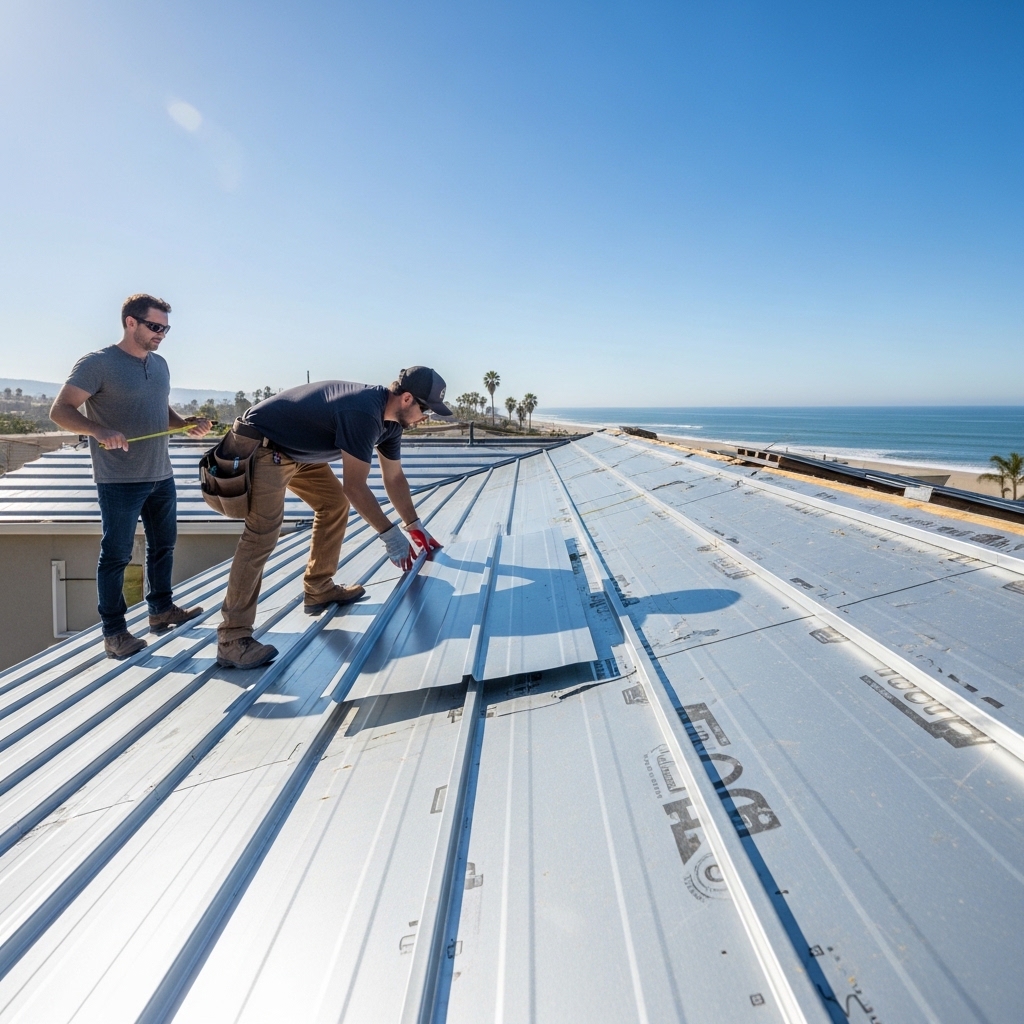When it comes to commercial buildings, choosing the right roofing material is crucial for long-term durability, energy efficiency, and cost-effectiveness. Metal roofing has become a popular choice due to its strength, longevity, and low maintenance requirements. However, like any roofing system, it comes with both benefits and potential drawbacks. Here’s a breakdown of the pros and cons of metal roofing for commercial properties.
Pros of Metal Roofing for Commercial Properties
1. Exceptional Durability and Longevity
One of the biggest advantages of metal roofing is its impressive lifespan. Compared to traditional asphalt or flat roofing materials, metal roofs can last 40 to 70 years with proper maintenance. They are highly resistant to cracking, warping, and corrosion, making them ideal for commercial properties in harsh weather conditions.
2. Energy Efficiency and Cost Savings
Metal roofs reflect solar heat, reducing cooling costs in warmer climates. Many metal roofing systems come with cool roof coatings that enhance heat reflection, leading to lower energy bills. Over time, the savings on cooling expenses can offset the initial investment.
3. Fire and Weather Resistance
Metal roofing is non-combustible, making it an excellent choice for businesses that prioritize fire safety. Additionally, metal roofs can withstand extreme weather conditions, including:
- High winds (up to 140 mph)
- Heavy snow and rain
- Hail impact (depending on the gauge of the metal)
4. Low Maintenance Requirements
Unlike traditional roofing materials that require frequent repairs, metal roofs demand minimal upkeep. They resist mold, mildew, and insect infestations, reducing the need for costly maintenance over time. Occasional inspections and minor touch-ups are usually all that’s needed.
5. Environmentally Friendly and Sustainable
Many metal roofing materials are made from recycled materials and are 100% recyclable at the end of their lifespan. This makes them an eco-friendly choice for commercial properties looking to reduce their carbon footprint.
Cons of Metal Roofing for Commercial Properties
1. Higher Upfront Cost
One of the main drawbacks of metal roofing is its initial cost, which is higher than traditional materials like asphalt shingles or built-up roofing. However, given its durability and long lifespan, many businesses see a return on investment through reduced maintenance and energy savings.
2. Noise Levels in Heavy Rain or Hail
Metal roofs can be noisier than traditional roofing materials during heavy rain or hailstorms. However, this issue can be mitigated by installing additional insulation or using soundproofing materials beneath the roof.
3. Expansion and Contraction Issues
Metal expands and contracts with temperature changes, which can lead to fastener loosening over time. To prevent this, many commercial metal roofing systems use standing seam panels, which allow for natural movement without causing structural damage.
4. Risk of Dents and Scratches
While metal roofs are generally durable, certain types of metal—such as aluminum—are more prone to denting from hail or falling debris. Choosing a thicker gauge metal can help minimize this issue.
Is Metal Roofing the Right Choice for Your Commercial Property?
Metal roofing offers a strong, energy-efficient, and long-lasting solution for commercial properties. While the upfront cost may be higher than other roofing options, the long-term savings in maintenance and energy bills make it a worthwhile investment. If you operate in an area with extreme weather conditions or prioritize sustainability, metal roofing could be the perfect solution for your business.
Before making a decision, consult a professional roofing contractor to determine the best metal roofing system for your specific needs and budget. With the right installation and maintenance, a metal roof can provide decades of protection and performance for your commercial property.
NEMA Roofing Solutions
18340 Ventura Blvd # 226, Tarzana, CA 91356, United States
http://nemaroofing.com/
+18185286412






